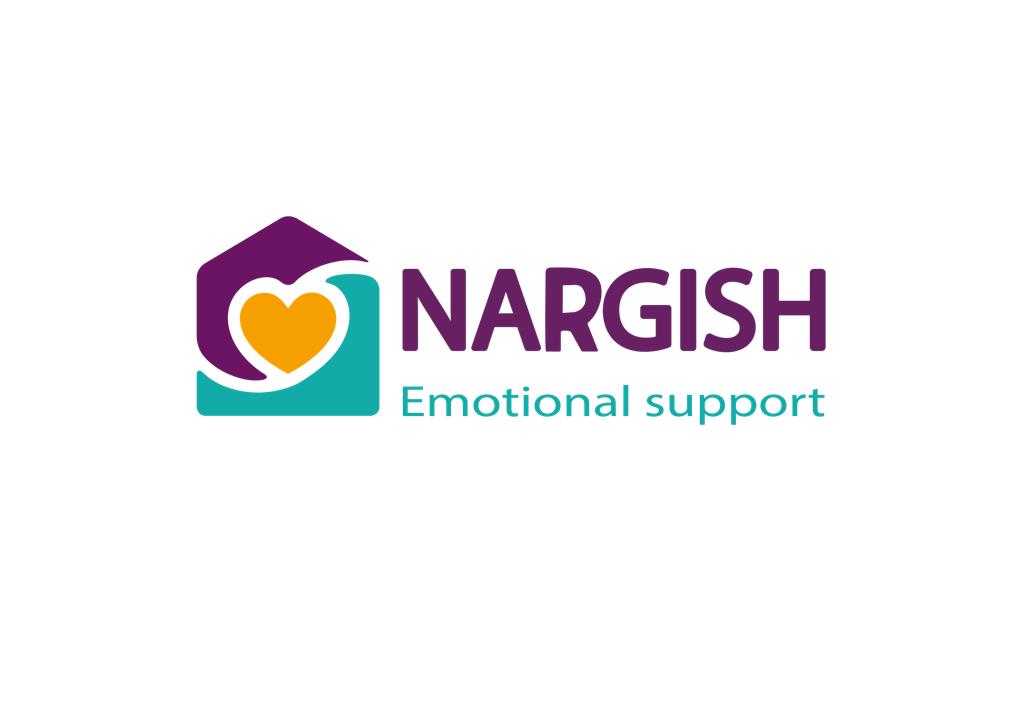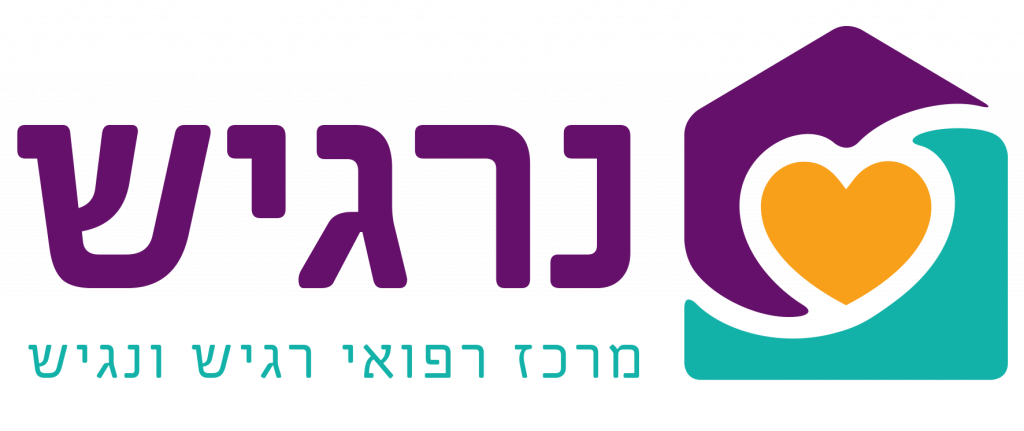Today, “Long Covid” is a common term according to all medical professionals. This term was born in light of the direct impression of competent authorities who treated those affected by the coronavirus pandemic and those around them. In fact, even if a person or a family member did not contract the coronavirus, this does not mean that they are exempt from the symptoms of the damage, known today in the professional term “Long Covid”.
As early as the end of March 2020, the Ministry of Health in Israel declared that the coronavirus was a contagious and dangerous disease that posed a serious danger to the public. Even during this period, the government aced to stabilize the state of affairs, and rightly so, according to which it is necessary to continue to provide the public with essential medical services, outside the community and within the community. Moreover, the coronavirus pandemic changed patterns of action in the health system, with no possibility for the workers in said system to adapt to these changes, an action which placed an even more emotional burden on medical and auxiliary forces.
Therapists say that even medical personnel and auxiliary workers were at risk and were even infected with the virus, or alternatively members of their immediate family became ill, and in fact no one was immune. Yet, medical personnel and auxiliary forces were required to return immediately to extreme function, day and night. That is, not only were they required to return to work, but in light of the general situation they were forced to work harder, and in poorer conditions than usual or with a particularly vulnerable population such as seniors, while needing to adapt to a different work format immediately, then and even now. This happened at a time when the extent of livelihoods had changed or was uncertain, and personal questions about death frequently arose, some also involving patients who later passed away due to the virus, and even their families.
At “Na(r)gish” we invite every person, wherever they are, especially members of the medical and auxiliary forces, to deal with the trickery of the virus, which is still considered a mystery, to come and receive the necessary tools to positively deal with the understandable and unique feelings and difficulties of the medical and auxiliary forces. Especially since we know today the medical professionals have learned first hand that one must prepare for the possibility of another outbreak of that terrible disease, or alternatively another derivative of it. In addition, there is really no reason to feel alone on that front. The help we provide is heartfelt and personal, and encourages internalization, so the overall coping process is healthier.










